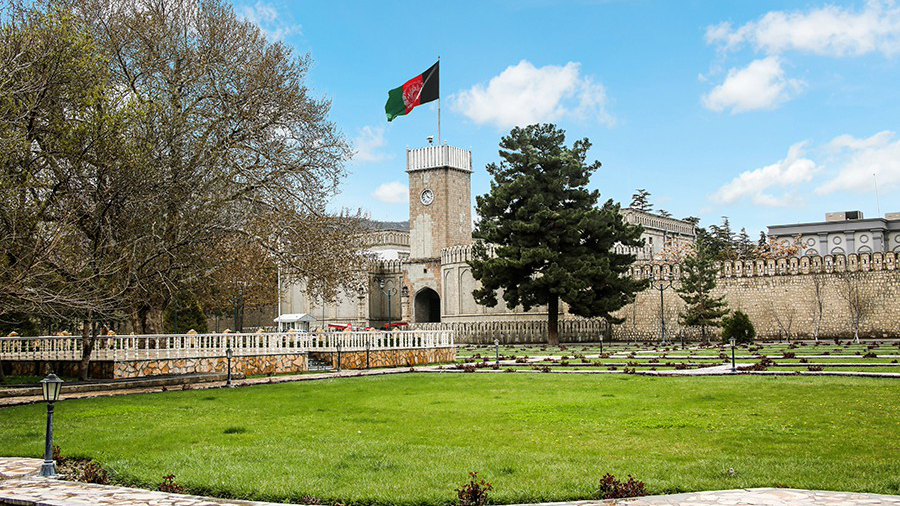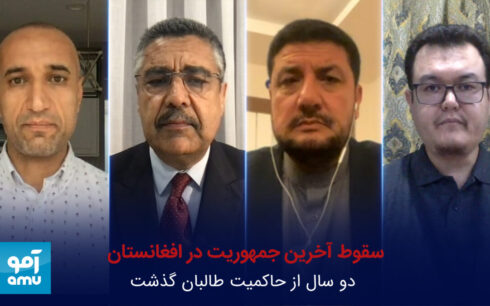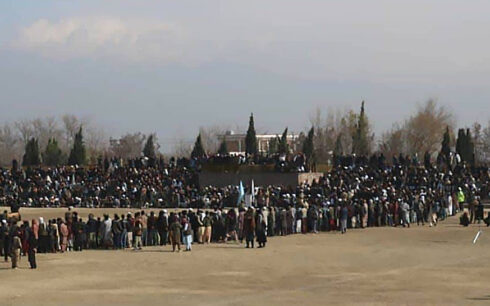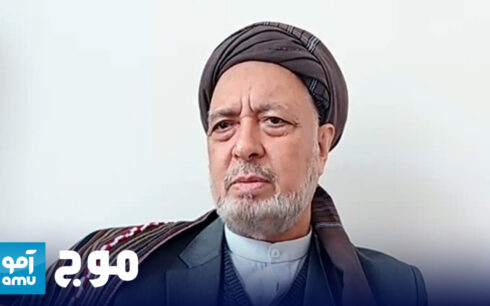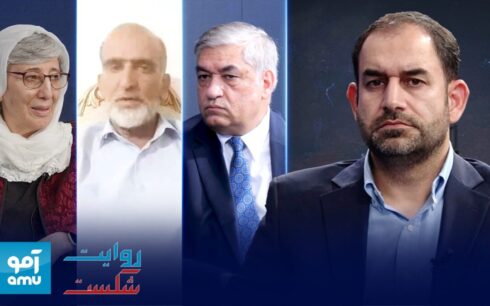On August 3, 2021, twenty-five districts succumbed to the Taliban as the country hurtled towards the collapse of the republic government. Little did everyone know at the time, this historic event would happen in less than two weeks.
Former President Mohammad Ashraf Ghani engaged in a telephonic conversation with former US Secretary of State Mike Pompeo on the same day, emphasizing the urgency of expediting peace talks between the republic team and the Taliban in Doha.
However, on the battleground, the Taliban launched large-scale attacks in Khost, Kapisa, Daikundi, and Bamiyan provinces. That evening, they executed a suicide bombing at the residence of Bismillah Mohammadi, the former defense minister.
In a symbolic display of solidarity, people in Kabul city and other major cities across the country conducted a campaign on August 3, collectively chanting “Allahu Akbar” in support of the former security and defense forces in their fight against the Taliban.
By the end of that fateful day, the total number of districts under Taliban control was 268.
Hopes were higher than ever for the “intra-Afghan talks” in Doha to mitigate escalating conflicts, but according to a political leader in exile, Mohammad Mohaqiq, these efforts were futile as the United States had intentions of handing over the government to the Taliban.
“The US itself made the decision to hand over (the government) to the Taliban,” Mohaqiq asserted in an interview with Amu on Thursday. “It is not right that the Taliban took power with force. The Taliban used to hide and flee whenever they saw a US drone in the sky. They handed it over themselves.”
The intensity of conflicts in Helmand province, particularly around Lashkargah city, exposed the presence of “ghost soldiers” within the government’s security and defense forces. Insider sources revealed that while 20,000 soldiers were on the Helmand corps’ payroll, the actual number was less than 5,000.
Journalists faced considerable challenges in reporting from conflict-hit areas, adding to the already suppressed conditions faced by the populace.
“Everyone was concerned. They were trying to flee. Some government officials had left even one month ahead of the fall,” said Monisa Mubariz, a women’s rights activist.
“We were immensely concerned about what was happening every day. You see that migration, poverty, unemployment and disrespect to human rights have increased under the Taliban rule,” added Suhaila Yusufi, a journalist.
Kabul experienced an eerie silence on the evening of August 3, 2021, disrupted by the devastating Taliban suicide bombing and complex attack on former defense minister Bismillah Mohammadi’s residence in Shirpur in downtown Kabul.

